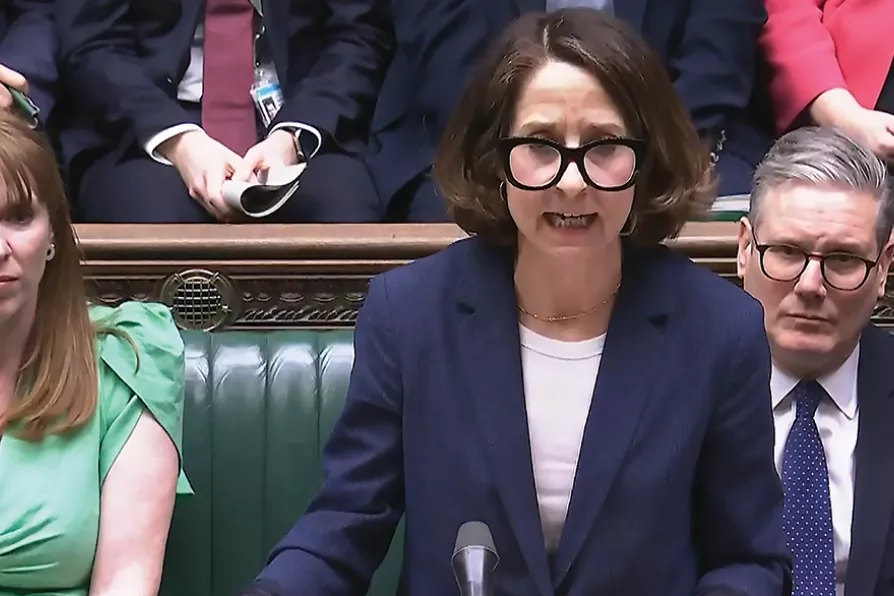LUKE FLETCHER outlines Plaid Cymru bold plans for wide-ranging policy consultations with trade unions in Wales

 ELECTED TO PROTECT THE POOR: Work and Pensions Secretary Liz Kendall makes the fatal statement on welfare reform on March 18 2025
ELECTED TO PROTECT THE POOR: Work and Pensions Secretary Liz Kendall makes the fatal statement on welfare reform on March 18 2025
SPRING is meant to be a time of optimism, but for those with physical and mental health disabilities, any cheerfulness ended abruptly when Chancellor Rachel Reeves announced the cuts and changes in the green paper and the Spring Statement — particularly focused on the disability benefit personal independence payment, known as PIP.
Hitting the severely disabled with cuts is highly controversial, especially from a Labour government where the savings are linked to increased defence spending.
It can be difficult to explain how the disabled face extra costs, but on one episode of Dragons Den a few years ago, it was made clear when an entrepreneur was showing the “dragons” a wheelchair cushion she had made. When asked the price of the cushion for the customer and how much the landed price cost her, the dragons winced. She was asked why it was so expensive for the customer, when it cost so little to make. She fumbled around for an answer before saying the price would indicate “quality.”

A new report from the Citizens Advice destroys the government narrative about disabled people ‘choosing’ not to work, showing the £3,000 annual cuts will create a two-tiered system based on claim dates rather than needs, writes DYLAN MURPHY













